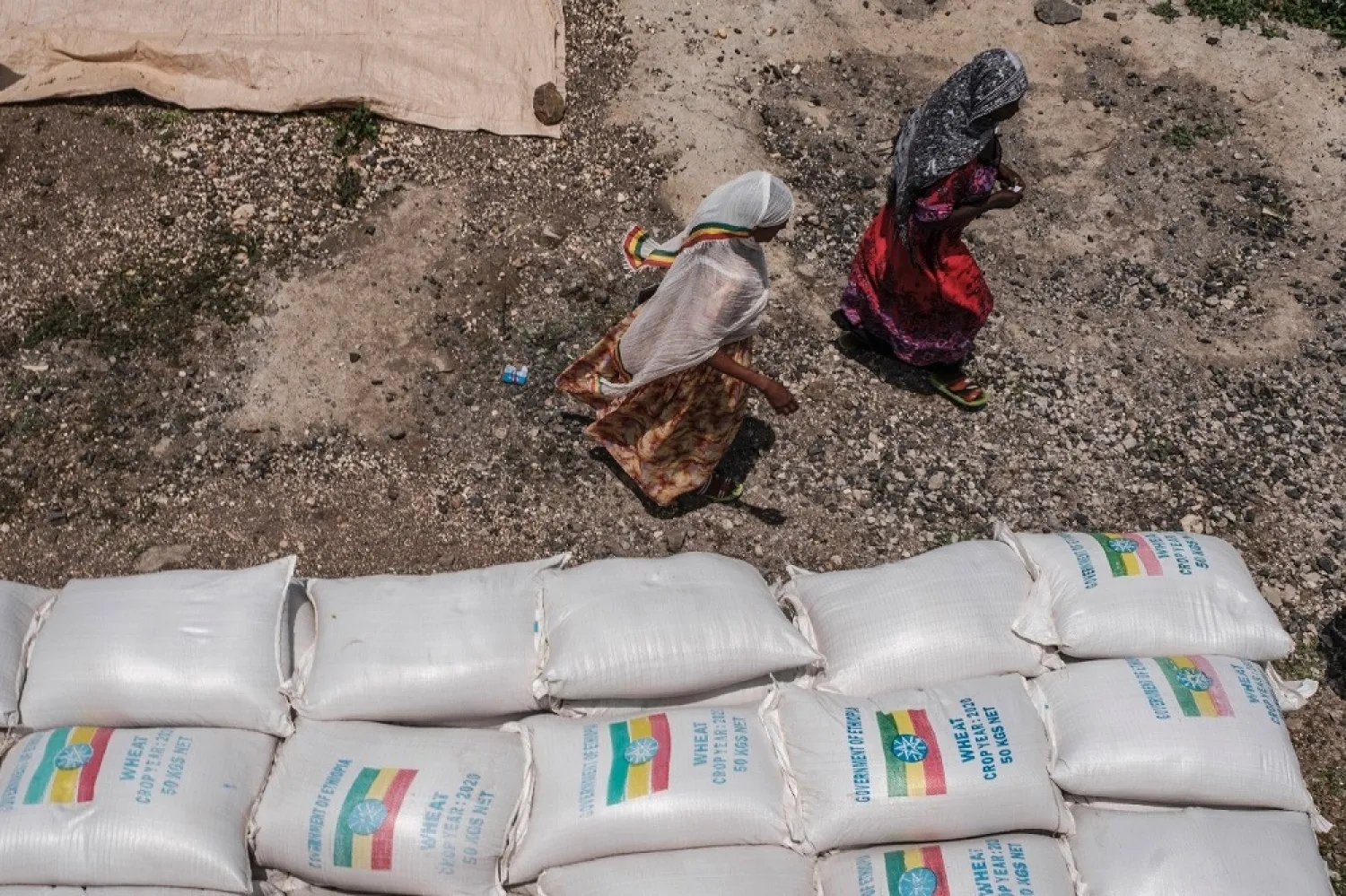
In Addis Ababa, the United Nations convened a pivotal summit on July 29, 2025, to reignite global efforts to combat hunger—an issue growing more urgent by the day. Nearly 295 million people worldwide currently endure acute food insecurity, underscoring the widening gap between pledges and tangible progress.
Four years after the landmark Rome summit, the ambitious target of achieving Zero Hunger by 2030 now faces mounting threats from war, climate change, and chronic underfunding.
UN Deputy Secretary-General Amina Jane Mohammed delivered a sobering message: “Investments remain far below what is needed,” calling for a radical transformation of food systems to stave off a deepening crisis.
The summit spotlighted conflict zones where hunger is weaponised, with Gaza and Sudan cited as tragic examples.
UN Secretary-General António Guterres appealed to the international community, urging it “not to turn a blind eye to these human tragedies.” Mahamoud Ali Youssouf, Chairperson of the African Union Commission, highlighted the continent’s acute suffering, asking, “How many children and mothers sleep on empty stomachs? Millions, certainly.”
Amid these harrowing realities, African leaders pushed for structural reforms, including dedicating 10% of national GDP to agriculture. However, persistent financial shortfalls mean the continent remains reliant on increased international support and the fulfilment of past commitments by development partners.
Encouragingly, 130 countries have now adopted national strategies aimed at transforming their food systems.
The presence of influential leaders like Ethiopia’s Abiy Ahmed and Italy’s Giorgia Meloni signals sustained political will. Yet, as many experts warned during the summit, such political resolve must be matched with concrete, measurable actions.
Without swift and coordinated global intervention, the goal of eradicating hunger by 2030 risks becoming little more than a hopeful aspiration, leaving millions more vulnerable to the devastating consequences of food insecurity.



